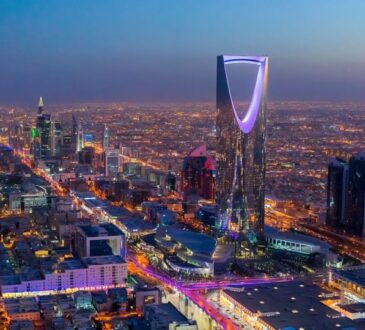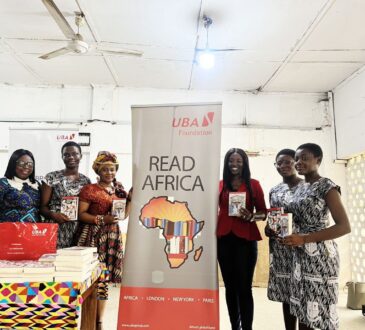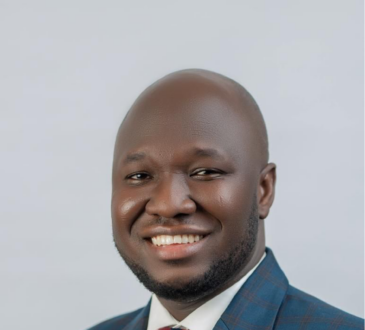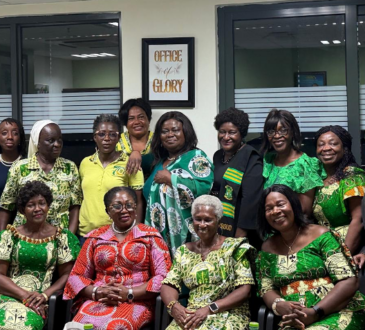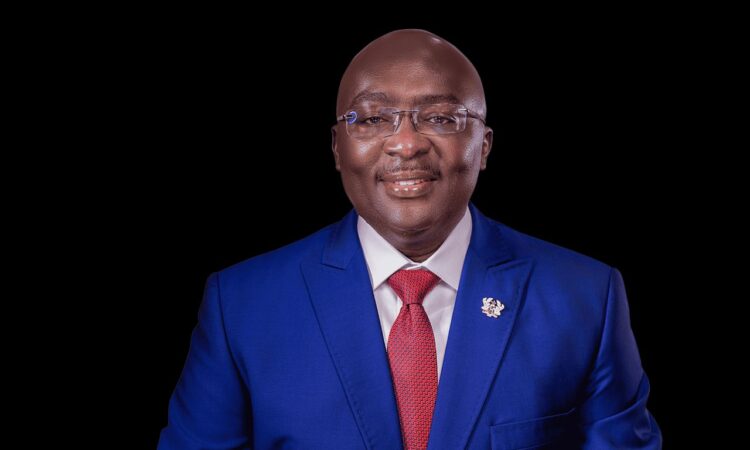
By: Prince Dadzie (Dadzie)
Gomoa Central – The Patriot
Ideally, in Ghana, one must always obey their masters, especially in politics. But at what cost? This reflection is crucial as we navigate the future of the NPP and Dr. Mahamudu Bawumia. The only thing worse than the painful defeat of the 2024 elections would be the party’s decision to abandon Bawumia in favor of a new candidate in 2028. That would not only fracture the party’s base but also risk losing the economic credibility he has built over the years.
Before joining politics, Bawumia was a remarkable economist. His work in monetary policy, financial regulation, and digital transformation stood out. He wasn’t just another politician, he was a technocrat with the knowledge and skills Ghana needed. But politics has a way of transforming personalities. Slowly but surely, the system molded him into a political figure, forcing him into roles beyond his core expertise.
Bawumia was brought into the political space to help the government implement economic recovery and growth strategies. However, Ghana’s economy wasn’t safeguarded against global political and financial shocks, making his job significantly harder. COVID-19, the Russia-Ukraine war, and supply chain crises created economic disruptions that even the best economists struggled to navigate. Yet, political opponents weaponized these economic challenges against him, shifting blame solely onto his shoulders.
Rather than allowing him to function in his natural role as an economic strategist, the political machinery forced him into campaign rhetoric that diluted his true strength. The irony is that his economic expertise remains one of the party’s strongest assets, yet the NPP risks sidelining him in 2028, an error that could cost them dearly.
There’s no denying that the NPP is at a crossroads. The fractures within the party, the growing discontent among its base, and the lingering effects of the 2024 defeat create a dangerous mix. If Bawumia is sidelined, the party risks alienating key support blocs, particularly in the Northern and Zongo communities. His presence in the 2024 race attracted significant backing from these areas, and discarding him now could shatter that loyalty.
The mistake of presenting a new candidate in 2028 would be catastrophic. Not only would it create division within the party, but it would also hand the opposition a narrative that the NPP itself has lost faith in Bawumia. The NDC will use this against them, painting the party as unstable and directionless.
The Global Economic Reality & Ghana’s Need for Bawumia
The economic challenges Ghana faces aren’t unique. Many nations suffered due to external factors beyond their control. However, Ghana still needs leadership that understands the complexities of global finance and economic restructuring. Bawumia’s experience, both as an economist and as a former Vice President, gives him a strategic edge. If he is allowed to function without political interference, he could help reshape the economic conversation, especially from the opposition.
The NPP should recognize that Ghanaian elections aren’t won solely on achievements, they’re won based on how well a party communicates the failures of the incumbent. If Bawumia spends the next four years in opposition repositioning himself as an economic visionary, he could stage a formidable comeback. But that requires the party’s full support.
NPP’s biggest challenge isn’t just who leads them into the next election, it’s whether they will learn from past mistakes or repeat them. The party must make a strategic choice: will they discard one of their most recognizable figures in favor of an untested candidate, or will they allow Bawumia to refine his vision and return stronger?
Throwing away a candidate with national recognition and grassroots support would be political suicide. Instead of discarding him, the party should encourage him to spend the next four years redefining himself, focusing on economic solutions, and preparing for a stronger comeback.
Because if the NPP ignores this reality and fractures its base, history will not be kind to them. The base will crack, and the rest will be history.




